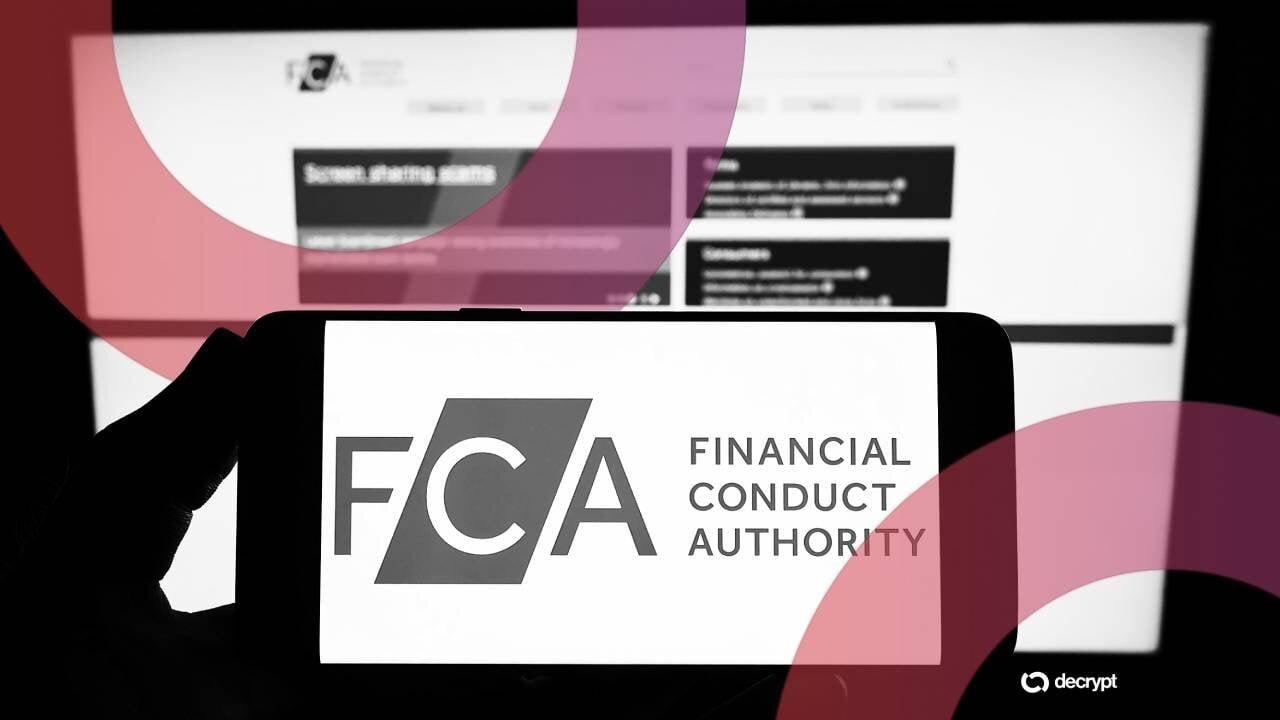UK FCA Seeks Industry Feedback on Crypto Standards Before 2026 Regulatory Rollout

UK regulators pivot toward crypto clarity—but Wall Street veterans whisper 'about time' as digital assets mature faster than bureaucracy.
The Financial Conduct Authority throws open its consultation doors, seeking industry input on proposed crypto standards. This pre-legislation move signals Britain's attempt to position itself as a crypto hub—while somehow keeping a straight face about 'consumer protection' in the wild west of finance.
Market participants get until November to shape rules that could define UK crypto for years. The 2026 timeline gives firms runway to adapt—or enough rope to hang themselves with non-compliance.
Regulatory certainty typically fuels institutional adoption. But let's be real—since when has waiting for permission stopped crypto from innovating?
Crypto regulation in the UK
The FCA’s consultation forms part of a broader push to rebuild competitiveness while tightening oversight of a volatile industry. Once touted as a prospective crypto hub, London has since lost ground to jurisdictions such as Dubai, Singapore and more recently the U.S., which have brought in comprehensive frameworks ahead of the UK.
The consultation follows an April draft Statutory Instrument from the Treasury that outlined bringing crypto under the Financial Services and Markets Act. Once enacted, the rules will expand the FCA’s remit from financial promotions and anti-crime measures to a full suite of crypto activities. These include stablecoin issuance, custody of cryptoassets, trading platform operations and staking.
Among the measures floated are proportional rules designed to reflect crypto’s smaller systemic footprint compared with banks. Crypto firms WOULD face lighter requirements around senior managers and technology outsourcing, but stricter standards around risks unique to the sector, including cyber attacks.
That said, the UK’s approach to crypto regulation has also been disjointed and criticized by the industry as too restrictive. For example, a proposal by the Bank of England for a stablecoin ownership cap has been blasted by the likes of Coinbase as unnecessary.
The proposal would limit stablecoin holdings at £10,000-£20,000 for individuals and £10 million for businesses, in line with arguments by the banking industry that restrictions are necessary to prevent outflows from traditional bank deposits.

